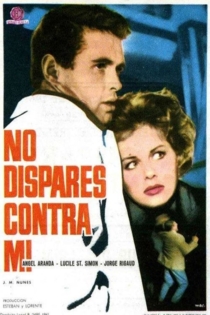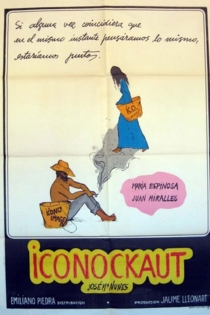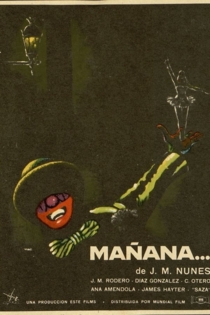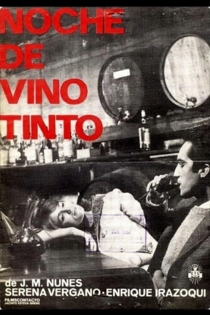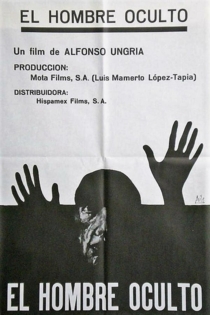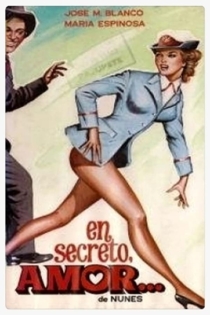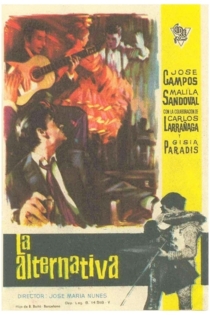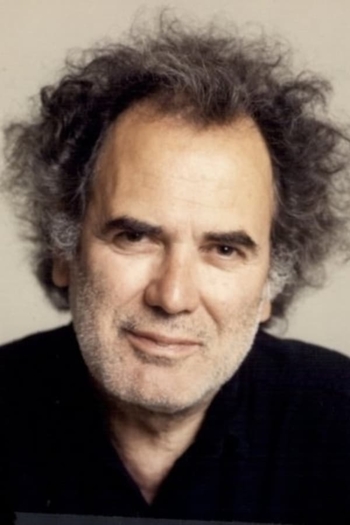
José María Nunes
1930 (96 лет)In 1942, he emigrated with his family to Spain, soon after definitively establishing himself in Barcelona, city of residence until his death. Interested in the world of cinema, in the 50s began a very large trip in several offices of the Catalan film industry, working for Enrique Gómez, Ignacio Farrés Iquino or Joan Lladó.
His artistic activity was not limited to the director of cinema, and also included writing essays, screenplays for other filmmakers, painting and even incursions as an actor in the films of his friends Jordi Cadena, Alfonso Ungría and Carlos Atanes.
From Wikipedia (pt), the free encyclopedia
Res Publica
José María Nunes
José María Blanco, Belén Fabra
A man explains his suicide, long meditated, as a manifestation of protest against the time in which he has lived. He tries to make an apology for the freedom that he has not been able to achieve, despite his permanent rebellion, only in some occasions when he has loved, with the few women he has had, with the friendship of a few friends and with the family of which only the father remains. He is happy when he knows that he will be released and he will achieve the absolute freedom so desired. Until the last moment, he retains the irony and a subtle humor.
Res Publica
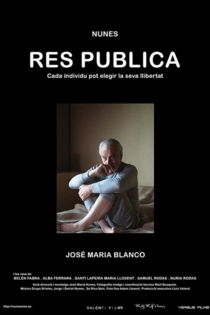
Cineastes contra magnats
Carlos Benpar
Marta Belmonte, Jesús Ángel Domínguez
How the cinema industry does not respect the author's work as it was conceived, how manipulates the motion pictures in order to make them easier to watch by an undemanding audience or even how mutilates them to adapt the original formats and runtimes to the restrictive frame of the television screen and the abusive requirements of advertising. (Followed by “Filmmakers in Action.”)
Filmmakers vs. Tycoons
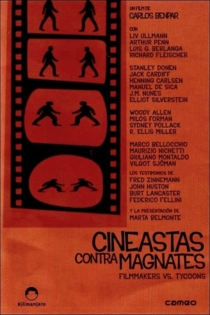
Gritos... a ritmo fuerte
José María Nunes
María Espinosa, José María Blanco
Maria, the last member of a good provincial family of long tradition, wants to live the atmosphere of these musical groups that proliferate all over the world. He meets Ricardo, a former partner in the advertising world, who has self-marginalized because he got to the point where he felt disgusted by this false world. Maria tries to leave him, but has just integrated into this chaotic environment.
Gritos... a ritmo fuerte

Biotaxia
José María Nunes
Núria Espert, Joaquim Jordà
A successful actress with three children takes an artist lover to fill a void in her life. This avant garde feature illustrates the alienation of an individual who is lonely despite the wealth and fame her career has brought to her. Jose Maria Nunes wrote the screenplay which relies heavily on verbiage and philosophical symbolism.
Biotaxia

Sexperiencias
José María Nunes
Antonio Betancourt
The film has no clear plot. It deals with the reactions of an older man and a young woman to the news stories that occur in 1968: the May student protests, Vietnam, Biafra. It is scattered, apparently disconnected. The characters find themselves in illogical situations: in a train cemetery, in a ruined house where some young people edit a journal. There is no sound of steps, and doors, when opened or closed, make no sound.
Sexperiencias
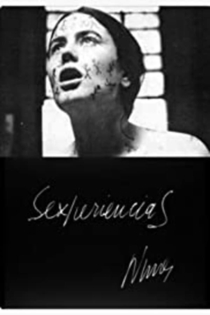
No dispares contra mí
José María Nunes
Ángel Aranda, Ángela Bravo
The young law student David is involved in a series of small crimes that led him to discover the corpse of the husband of his French friend Lucile in the trunk of the car in which he runs away to France, which makes her join him of his trip. Film with a clear influence of the Nouvelle Vague
No dispares contra mí
